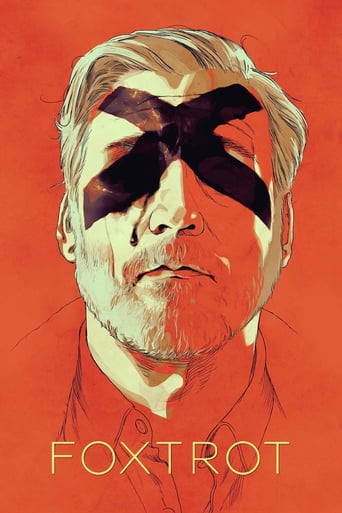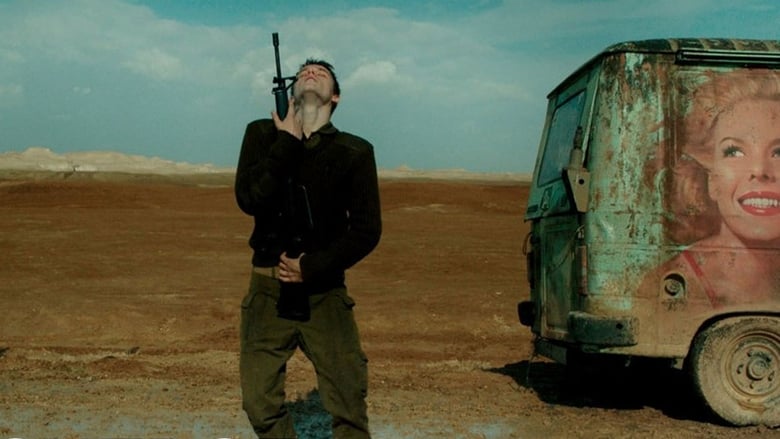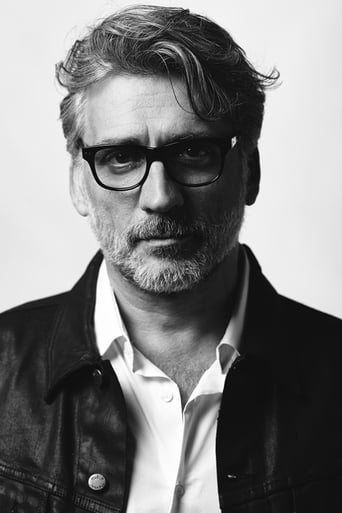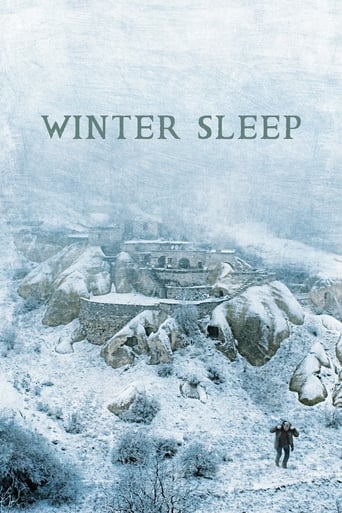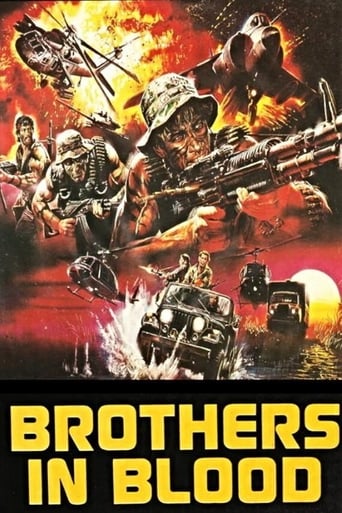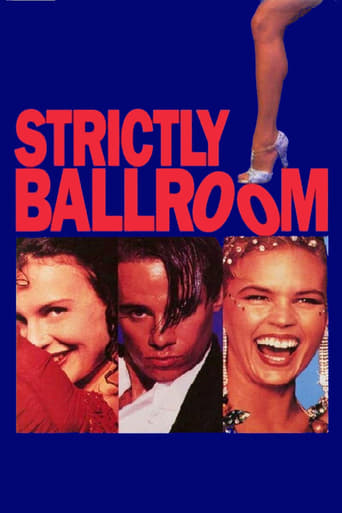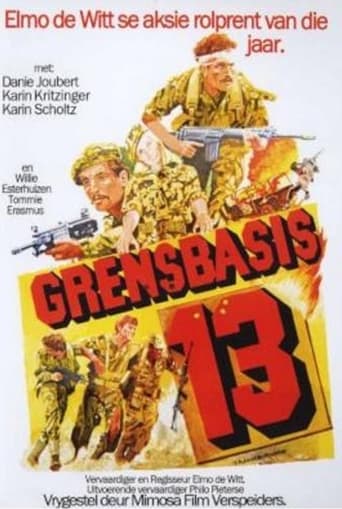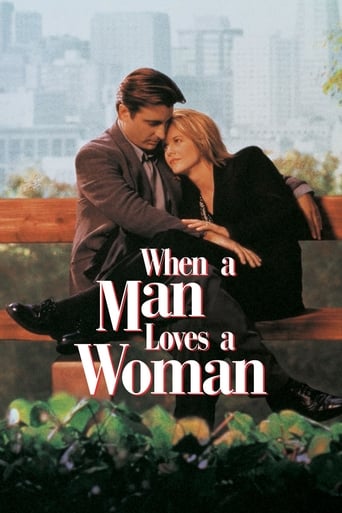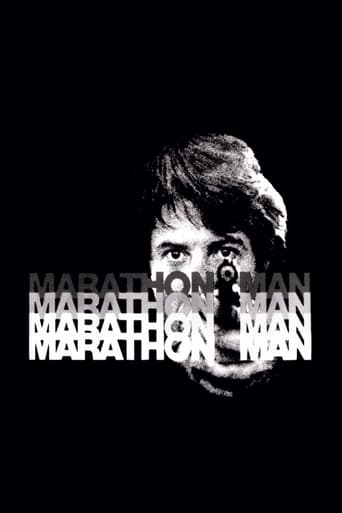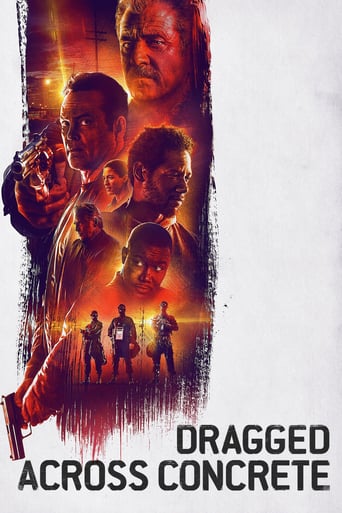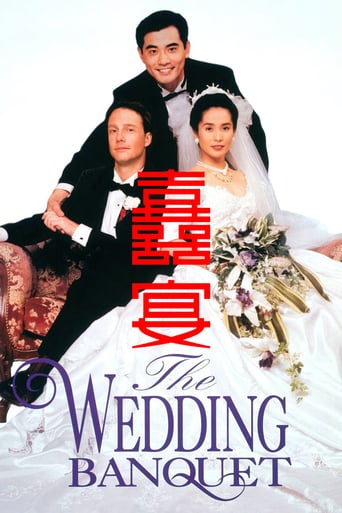Foxtrot (2017)
A troubled family must face facts when tragedy strikes their son's desolate military post.
Watch Trailer
Cast


Similar titles
Reviews
The performances transcend the film's tropes, grounding it in characters that feel more complete than this subgenre often produces.
I enjoyed watching this film and would recommend other to give it a try , (as I am) but this movie, although enjoyable to watch due to the better than average acting fails to add anything new to its storyline that is all too familiar to these types of movies.
The film's masterful storytelling did its job. The message was clear. No need to overdo.
Actress is magnificent and exudes a hypnotic screen presence in this affecting drama.
Foxtrot is a new European movie in the Hebrew language that premiered back in 2017 and was Israel's official submission to the Academy Awards last year where it managed to make the final 9, but eventually came short on the nomination. it runs for almost 2 hours and was written and directed by Samuel Maoz, his second full feature film. The cast includes mostly Israeli actors with Lior Ashkenazi being the standout easily. You can divide the film into three segments basically. Number one is the father's story, number 2 is the young man's story, number 3 is the parents' story with more focus on the mother this time. I would say that the first segment is really great, definitely above 6 out of 10, number 2 is okay and number 3 is solid, but does not add as much as I wanted it to and eventually the main reason why I did not give it a higher rating overall. This is the story of a family's reaction to the death of their son who is working in the military. Just like his father did, which is among the most interesting parallels the film has to offer. I also l´really liked the parts very early on when the family is informed about the death as well a bit later when they find out about a "terrible" error that happened. The latter is probably the most gripping moment of the entire movie and that means quite something as the film has to offer quite a few of these. As for the middle part, it took a while to really draw me in, but when it does, then it did really well. The parallel between the young men measuring the time with the help of this tin can and the tin can inside of the car falling out and resulting in tragedy is really memorable. Sadly, as good as this escalation moment was, it also felt a bit too much with what happened with the Feldmann son earlier and how it's not just tragedy around his family, but surrounding him too. This becomes especially clear when he is called out of action at the very same time they talk about the event to the investigator. Well, there isn't too much investigation. In the middle part, the film lives through the suspense if the Feldmann we see in there will live or die and that was done pretty nicely, even if we actually know that this was not a military operation, but the post we heard about earlier, so most likely he is going to live. Nonetheless, the suspense, maybe fear, could be felt in the audience. As for the last segment, I am really not sure what to think of it. Initially, I thought it was non-chronological and the period of time in-between when they don't know yet their son is alive. But with the very final shot, it actually could have been the very last scenes chronologically that we see about the entire movie. The woman's role there (with her being unconscious early on) lets me think that it was not in-between the wrong information and positive solution. The talk about the potential abortion from the mother makes it even more unclear. And we did not even touch the potential subject of dream sequences and fiction. Perhaps it is necessary to see the entire film again to understand it better in terms of context. Maybe that final shot with another crucial event happening (not gonna spoil anything here) was also a bit over the top in creating additional drama and eventually it is just too much happening, even if it's war times. The camel parallel also did not feel spoton I must say. Same about the dance sequence that is included on two occasions, the first felt somewhat right, also interesting with the addition of music, but the last not so much and I did not see the general significance therewhere I would say it makes sense that the overall film is named like that. That's just minor criticisms though. I really wish the film could have kept the level of quality overall that it starts with in the first 45 minutes. It's a brilliant character study there with Ashkenazi giving an outstanding performance of a man stuck between his grief and aggression. He is also linked directly later on to the bizarre erotic comic book sequences and it was quite a challenge to make these work, but I believe Maoz managed to succeed and that makes the film even more impressive. So all in all, a very tense watch with some truly great moments for sure. It's nice to see quality films coming from Israel again these days, there seems to be some great potential in recent years, also with almost all of these having some kind of political/war background, which is a genre that always needs new impressve works. Watch this one, you will not regret it.
Director Samuel Maoz' feature follow-up to his terrific 2009 war picture LEBANON is a strange, but ultimately moving, tale. Whereas LEBANON took place entirely within a tank on the battlefield, Maoz here takes an entirely different approach. The story begins with a soldier's family being informed of terrible news about their son Jonathan (Yonaton Shiray). The parents, Michael (Lior Ashkenazi) and Daphna (Sarah Adler) react with appropriate shock and even catatonia in Daphna's case. We are then brought to the war zone and see what actually occurred with Jonathan and his troops. The third act returns us to the parents home. I am fighting harder than usual to avoid spoilers here. Not just for the obvious reasons, but, because FOXTROT is movie built upon the viewer's reactions to the three acts - and, how they work with and against one another. Again, in contrast to the self-contained structure of LEBANON, here Moaz shifts FOXTROT into several directions - intense grief, dark satire, tense drama, an unexpected jump cut in time and even a short X-rated animated sequence. It's a heady experiment. It may not all work smoothly (almost by its very nature, it cannot), but, together it's a strong work. It all culminates in a long sequence that is, in turn, haunting, touching, humorous and all together devastating. Michael the father observes that the Foxtrot is a dance where no matter where you begin, you end up in the same spot. But, as a movie, FOXTROT is much more than standing still - it moves you deeply.
I've been expecting to see faster happenings in the movie, but no, I did not. As one drama, it is good in those segments where you can follow the main character's expressions, but on the other hand it is a bit boring because he is not the only character in it and almost all the rest are unconvincing actors. From time to time a director gives us pieces of black humor and that intention drives us not to be rigorous in giving comments. It is specifically in those scenes with four soldiers in shipping container, that is slowly sinking into the muck, and in which they are located to be while guarding the border. The best two things of the movie are those shots made from above and that little cartoon where we can see the story about what happened in the past and why. From my point of view, it is worth seeing, but it is not the perfect masterpiece as we wanted to see.
Not only that there is no such thing as bad advertising, but bad advertising can help a lot. The success (public, critics, festivals) of Samuel Maoz's second film 'Foxtrot' may become at some point an example in the text books of cinema and public relations. The critics in Israel (including the Minister of Culture whose office actually supported financially the making of the film) who have trashed the film for its political attitude without seriously discussing it and (some of them, probably) without seeing it just succeeded to create a big fuzz around 'Foxtrot' which will make many Israeli film fans go and see it, and may also draw the attention and increase the international interest. Will the viewers be rewarded with an exceptional cinema experience? Not in my opinion. It's not a bad film, but it also has many disputable parts, and I am not referring only to the political approach. Will it win it an Academy Award? I very much doubt it will even make it through the selection, although, of course, I will be glad to be proved wrong.The film is built of three different parts, somehow like the three acts of a theater play. They may well be each of them a separate movies, as there are different leading themes in each of the acts, although they are interconnected. The first and the last part takes place in the house of the parents of a soldier, the middle one describes him and his comrades at the location where they are on duty, a a security checkpoint, someplace in an almost lunar landscape, that started to erode and decompose. A quote from Andrei Tarkovsky's Stalker comes to mind immediately, it's just that the natural disaster around symbolizes the more universal disaster that is ongoing. I liked especially the first part, which describes so well the nightmare that any Israeli parent who sent his kids to the army fears more than anything else in the world. At some point in time the story breaks and the worse news received by the parents turn to something different and behind their grieving are hidden more darker secrets. The second part includes the problematic scenes and the least that can be said is that the story of the soldiers just out of their childhood put into the impossible situation of policing the local population in the occupied areas is told from a very programmatic point of view. Can such incidents happen in reality? Hard to believe IMO, but they deserve a discussion, and the discussion should be about the events and not about the right to show them on screen. The last part takes us back to the parents home, and the critical approach now shifts against the mid-class Tel Aviv families busy with their neurotics and their own mean small personal traumas, unable to face reality and hiding themselves behind the smoke of grass.The three episodes have each their merits and their lose points, but they hardly come together, as each seems to carry its own message or more than one. Grief dominates the first, youth faced with war and politics dominate the second, escapism is the main theme of the third. It's a world that seems to have a hard time coming together, and so do the messages of this film that lack shared coherence. The film is full of symbols, too many, some quite good (the road leading to nowhere), some too obvious (the mud, the reclining cabin), some re-circulated from other movies trying to make the parts come together without really succeeding (the camel). When they try to be direct, the makers of the film failed, as in the schematic representation of the soldiers, the local population, and the relation between them. Lior Ashkenazi is fantastic in the first part, but his acting falls into mannerism and is less convincing later. Sarah Adler is a semi-miscast, too young for the role, spends much of the first part under sedation and never lets us understand her relationship with the father or the son. Overall my feeling was that this ambitious film failed in many respects because it tries to say too much and lacks one leading thread. As the dance in the title the story goes ahead, aside, and back, to return to the point where it started. It is still very much a film worth to see, even if some of the viewers will get to see it because of the wrong reasons, while some other will avoid it because of the same wrong reasons.

